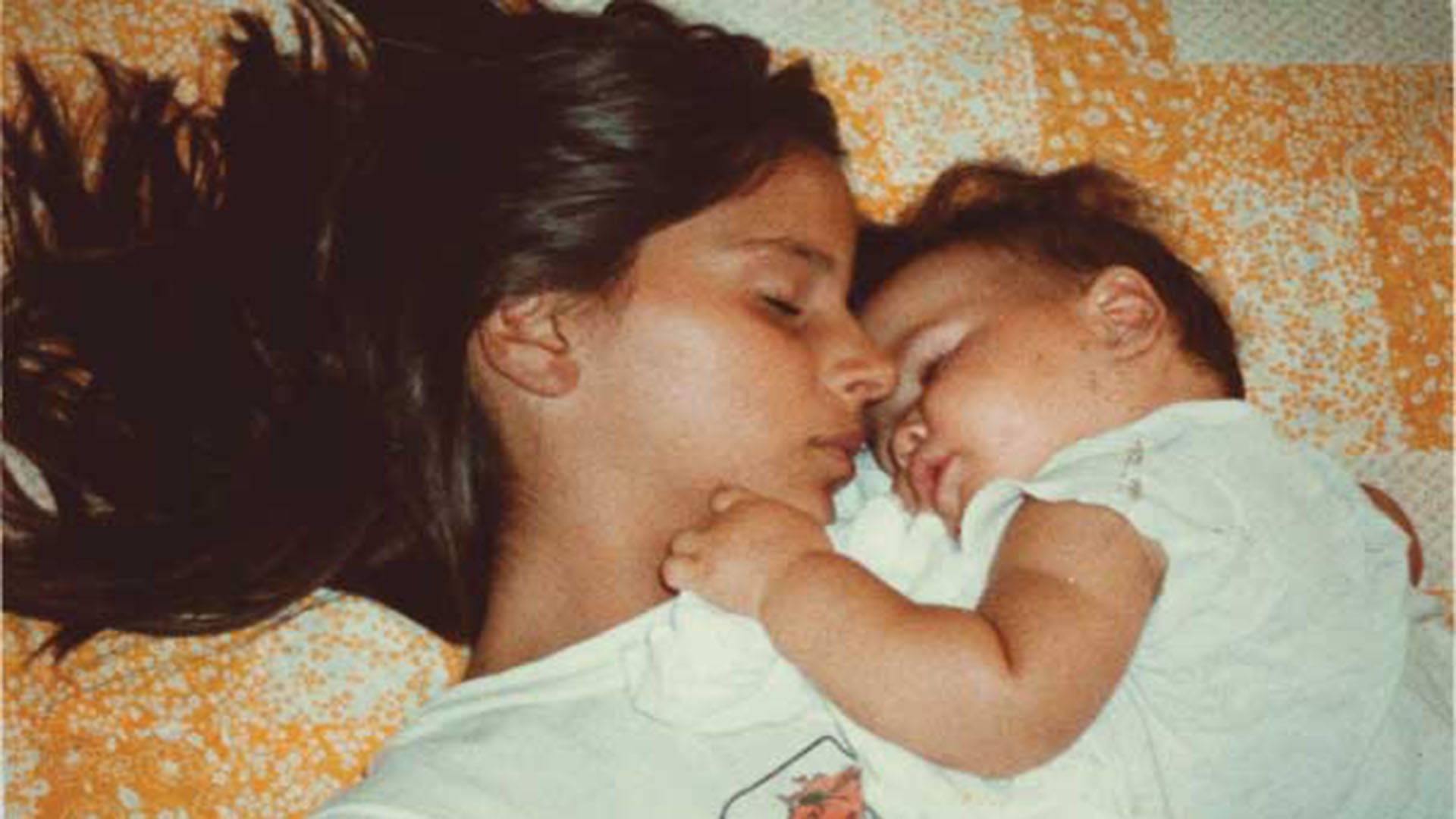
How can one describe Petra Costa‘s film “Elena“? If it’s just the facts, one could say that it’s a documentary about Costa searching for answers and understanding about her sister Elena, who committed suicide when she was a child. And yes, it is that, but it is also so much more than that. It’s a cinematic rendering of a memory; a visualization of a person long gone, made real again through ephemera. It’s a journey through one’s own darkness, a deeply personal poem of film that manages to also be incredibly humane and universal. This is avant-garde autobiographical filmmaking at its finest, and the results are stunningly beautiful, and achingly emotional within a lyrical and dreamlike aesthetic.
Filmmaker John Grierson defined documentary filmmaking as “the creative treatment of actuality,” which has come to be the most apt descriptor for the wide range of films about real life and reality. In “Elena,” the actuality is both her sister’s story and her own, melded together so that the two are often indistinguishable from each other. In the beginning of the film, Costa’s voiceover says: “my mother always said I could live anywhere in the world, except New York. I could choose any profession, except actress. On September 4th, 2003, I started theater at Columbia University.” Those simple sentences evoke so much—both their past trauma and Costa’s willingness to fly directly into the sun of that trauma. The syntax and sentence order also reflects the overall storytelling structure of the film, which unfolds almost in a backwards, or circular fashion, starting with where she ended up before going back to tell the story from the beginning. It’s a choice that allows her to privilege mood and tone and her continued relationship with Elena over the hard and fast facts, because the lack of her reverberates throughout Costa’s life. She strolls the city streets, her face always just out of view of the camera’s lens. These human-level cityscapes and intimate voice-over (is Costa talking to Elena as herself or is she reading from Elena’s letters? It’s often unclear) calls to mind Chris Marker‘s “Sans Soleil” in its abstraction of and investigation into time, memory and place.

The ephemera through which Costa resurrects her older sister is a vast trove of archival home movies and recordings of Elena as a young theater actress in Brazil, where the girls grew up, daughters of Communist activists who became a politician and a journalist. Elena, a pre-teen when Petra is born, is a beautiful young woman instantly smitten with her new baby sister. She dreams of being an actress, and creates little short films and schlocky horror spoofs with the family camcorder. She moves on to the Sao Paulo theater scene, performing avant-garde theater and dance before moving to New York to try her hand at film acting. After a few failed starts, she returns home, but moves back to New York with her mom and sister when she is accepted to theater school there. It is upon her return that the creeping darkness takes over this young woman’s life, and Costa captures this with voice over from Elena’s writing, her own childhood memories, and gut-wrenching first hand accounts from her mother and Elena’s friend Michael.
But, despite this tragic ending, and its ramifications throughout their lives, Petra finds herself almost becoming Elena, studying theater, moving to New York, desperate to both find answers and understand her sister, but also to bring her life back to life in a way. And it is through this film that she is able to bring her sister back to, at least cinematic, life. However, she remains a specter, a ghost on celluloid, blurred and obscured in her final signature rope dance, whirling and writhing on the screen, caught and trapped within herself. Costa, as a director, has captured Elena, while Petra, as her sister, both dives into and resists becoming her, the film itself serving as the exorcism of her spirit.

There’s also an apt comparison to be made to Sarah Polley‘s “Stories We Tell,” where she uses the cinematic process to recreate and investigate her mother’s mysterious life as a way of understanding it. But Costa doesn’t seek to recreate Elena rather than conjure her out of what is already there in the archival footage, photos, and memories. The film is bolstered by gorgeous and dreamy photography of Costa on the streets of New York, and culminates in a watery sequence that makes reference to another doomed heroine: Ophelia. The result is a mesmerizing, artful and emotional piece of filmmaking that consistently surprises and awes in its sensitivity and (as Herzog would say) ecstatic truths. [A-]
This is a reprint of our review from the 2013 Rooftop Films Summer Series.

